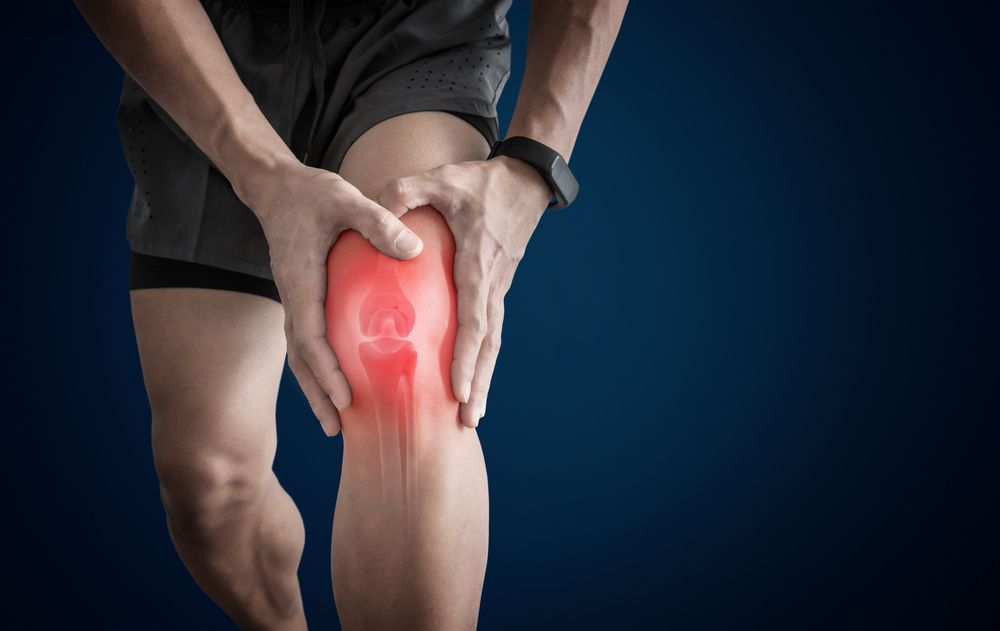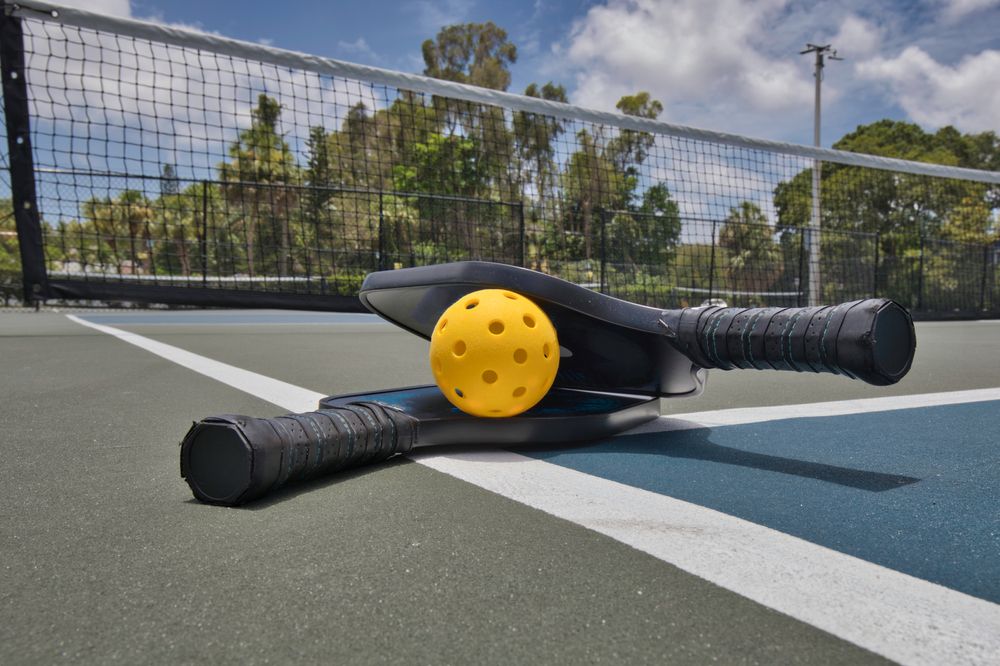A PRP Injection for Knee Pain? Here's How it Can Help
Sports Medicine, Physical Rehabilitation

Want to stop the pain in your knee? Ask your doctor about a PRP injection.
Have an aching knee? You are not alone. One study found about 25 percent of adults suffer from nagging knee pain. Therapies range from anti-inflammatories and steroids to surgery. Now platelet-rich plasma (PRP) injections have been added to the list.
Although PRP injections are routinely given to athletes for injuries, anyone experiencing chronic knee pain can benefit. In fact, a PRP injection for knee pain has been shown to reduce osteoarthritis pain, according to a recent study.
Let’s explore what PRP injections are and how they can help you overcome persistent knee pain.
What are PRP injections?
Your blood contains a variety of cells. Included within that makeup are platelets or thrombocytes, which perform a vital role in your body. Platelets encourage your body’s healing process, which makes them ideal to help reduce pain and inflammation in the body’s soft tissues such as the ligaments, tendons, and muscles found in the knee joint. That theory is supported by a National Institutes of Health (NIH) study that found PRP injections for soft tissue injuries reduced pain.
To obtain the PRP solution, your doctor will draw a blood sample, which is then spun in a centrifuge to separate the platelets from other types of blood cells. What results is a high concentration of platelets mixed with a blood plasma liquid base.
The solution is injected directly into the knee, sometimes with the guidance of an ultrasound. The platelets accelerate the body’s healing properties, aiding in the reduction of pain, swelling and inflammation. As a consequence, you’ll see an improvement in your mobility.
After the procedure, you should have someone drive you home because your knee will be stiff. You can take Tylenol for pain, but not non-steroidal anti-inflammatories (NSAIDs) as they may block the effects of the PRP injection. Avoid putting weight on the knee for a while, too. The results may last up to six months.
Risks associated with PRP injections are minimal and may include infection and injection site pain. Since the platelets come from your own blood, your body will readily absorb them without an adverse immune response.
Why take a PRP injection for knee pain?
PRP injections can definitely help reduce your knee pain. But as with any medical treatment, talk with your doctor to see if they are right for you.
Otherwise, a PRP injection for knee pain is safe and effective for your osteoarthritis. The benefits of the treatment include:
No need to take opioids. Although opioids are one method to treat chronic knee pain, they should not be used for long periods due to their addictive qualities. PRP injections are a safer option.
Avoids corticosteroids. Like opioids, corticosteroids come with drawbacks. Primarily, they can raise your blood sugar level, which is something PRP injections do not do.
Speeds up healing. PRP injections use the body’s natural cells to regenerate damaged tissue, which greatly speeds up the healing process.
Although surgery is sometimes recommended for knee osteoarthritis, PRP injections can effectively reduce chronic knee pain and possibly sidestep an invasive procedure. Physical therapy is another option, but that can be time-consuming and hard to fit into your schedule if you lead a busy lifestyle. A one-time PRP injection can be done in place of a lengthy physical rehabilitation program and provide the pain relief you seek.
You don’t have to live with knee pain
Chronic knee pain can make it difficult to do daily activities as well as exercise. But with the help of the physical therapists at All Sports Physical Therapy, we’ll find a solution for you that may include regenerative therapy like safe and effective PRP injections. Contact us today for a consultation.



